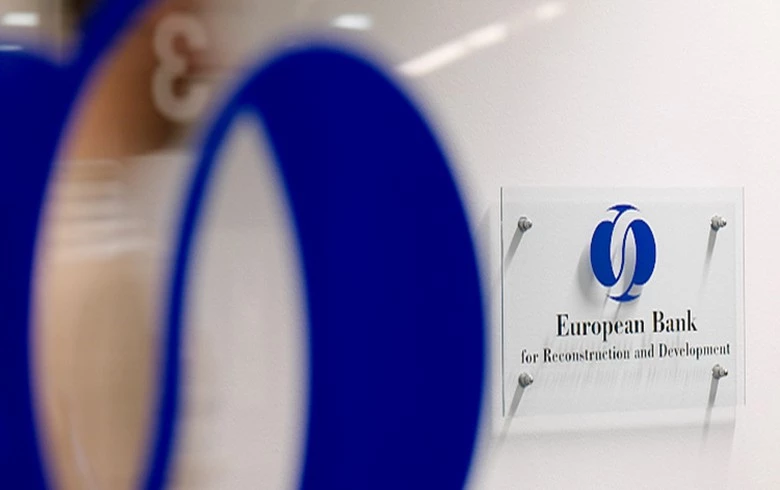EBRD economic forecast for Albania: 3.5% growth in 2024

Photo: EBRD
Albania’s economy is expected to grow by 3.5% this year, according to the latest forecast by the European Bank for Reconstruction and Development (EBRD). This growth is supported by strong performance in the tourism and services sectors, even as agriculture and industry face challenges. The EBRD’s report highlights stability in Albania’s financial sector, with liquidity and profitability maintaining healthy levels, and credit activity showing growth. For 2025, the EBRD anticipates a slight increase in growth to 3.7%.
Why does it matter: The projected growth of Albania provides a promising outlook for businesses, foreign investors, and the general population. A stable and growing economy directly impacts the standard of living, job creation, and the ability to invest in vital sectors like infrastructure, education, and healthcare. Past EBRD forecasts of economic growth have generally been in line with actual outcomes, particularly in Albania’s case where previous EBRD predictions for moderate growth proved correct. However, factors like global economic volatility, energy prices, and geopolitical risks can affect these projections. The degree of the growth will depend largely on Albania’s ability to continue attracting tourists, maintain inflation control, and implement structural reforms.
The EBRD report attributes much of Albania’s projected growth to a strong performance in tourism and services during the first half of 2024. With an increasing number of tourists and enhanced service offerings, these sectors have boosted the economy by 3.6%, which has been a major contributor to GDP expansion. Tourism in Albania has been rising steadily, driven by its natural beauty and competitive pricing, which has attracted both regional and international visitors. However, agricultural and industrial outputs saw declines, reflecting ongoing challenges in productivity, modernization, and market access. The need for diversification in these areas remains critical to ensure long-term, balanced growth.
Inflation has been another area of focus, with the rate decreasing to 2.1% in July 2024, staying within the central bank’s target range. This reduction in inflationary pressures has eased the cost of living for consumers and stabilized business conditions. Additionally, the Albanian lek has remained stable after a period of significant appreciation in 2022-2023. This currency stability, aided by timely interventions from the central bank, has helped to ensure that businesses can operate more predictably and that imports and exports are less volatile.
The EBRD emphasizes the importance of continued structural reforms, particularly those outlined in the Western Balkans Economic Growth Plan. These reforms are seen as essential for maintaining and accelerating economic growth in the coming years. Addressing structural bottlenecks in sectors such as agriculture, energy, and manufacturing could unlock further potential, while also making Albania less dependent on volatile sectors like tourism. If Albania successfully navigates these challenges, the forecasted growth could be a reliable indicator of sustained economic improvement, positioning the country for greater integration into the regional and global economy.


